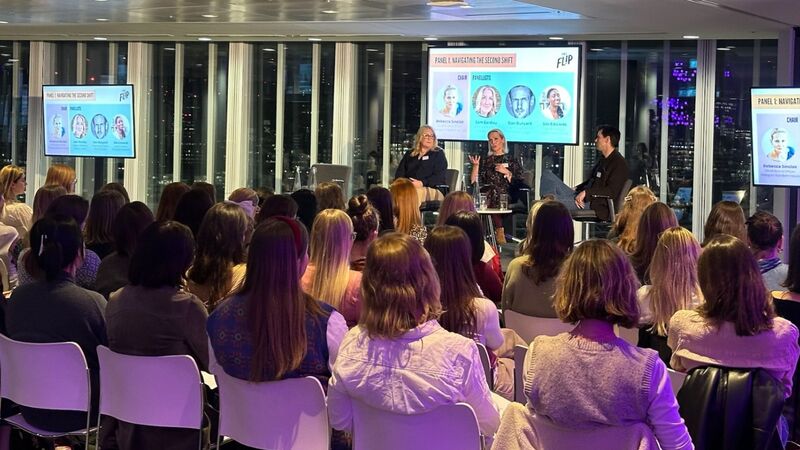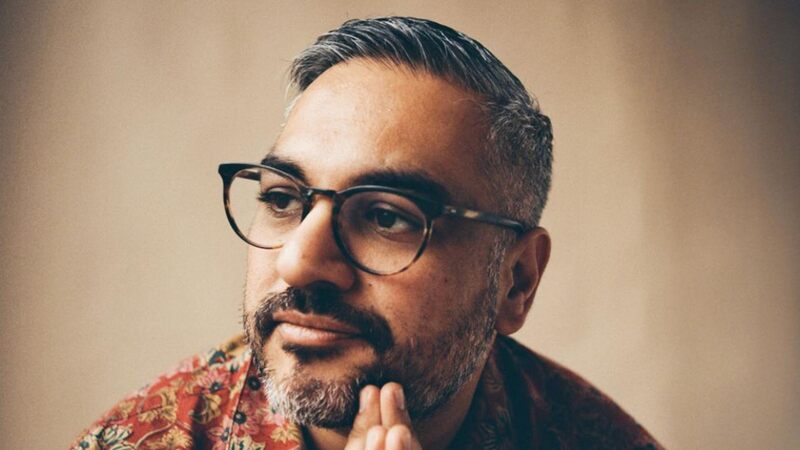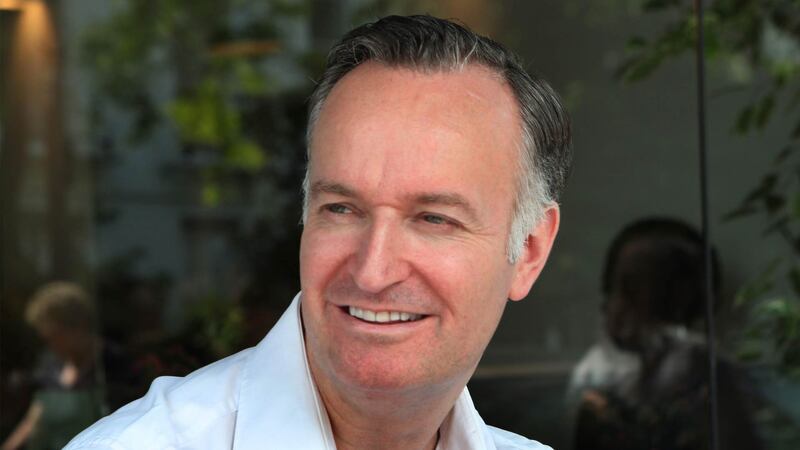You are viewing your 1 free article this month. Login to read more articles.
Diversity means everybody
The Bradford Literature Festival was created out of imperatives that were unashamedly simple. We wanted to bring people together, change the image of Bradford, contribute to the economic regeneration of the area and —the cause closest to my heart—get children reading. This was not just for all the wonderful things reading can do for the imagination but also because without literacy children can’t engage with any part of the curriculum, leading to a deficit in the skills needed to be economically active. I wanted as much as possible to ensure the city’s children do not turn into yet more statistics about endemic cycles of intergenerational poverty and deprivation.
Issues of cultural engagement can often be framed through the lens of race and ethnicity, and while these are a factor this can also be a divisive discourse. We might talk about ethnic minority communities and the white working class when we consider opportunity and access. However, cultural access does not divide simply along lines of ethnicity; it is fuelled by money. A person who is middle class has the means to access culture, regardless of their ethnic background. With the work the festival does I have a simple test in my head: I ask myself “if I were a single mum in receipt of benefits with four children to feed, how would I access this?”.
To create a programme that is intrinsically diverse, you have to stop thinking about how to tick various diversity boxes and instead acknowledge that to be human is to be home to a host of identities.
The most successful part of the festival is the part that is least noticed – socio-economic diversity. The BLF education programme is free, as are all children’s events. The ticketed events in the festival fall under our ethical ticketing policy – they’re free if you’re in receipt of benefits, in social housing, on a state pension, or if you’re a refugee or asylum seeker. In 2019, 57% of tickets were accessed under this policy. This truly means that everyone can access the festival – whether you’re able to afford the ticket price or not. This is underlined by the fact that, in 2019, 65% had a household income below the UK average and 29% had a household income of less than £20,000. The issue of the haves and have nots of culture are issues of poverty and access. This kind of ticketing policy may not work for every organisation but the question of how we enable access for those with a lack of means should inspire cultural institutions to think creatively.
I have lived the working-class and the ethnic minority experience. Coming from a migrant background, I have experienced privilege and access from both sides of the coin. I place an emphasis on education and literacy because I can see the different pathways I could have gone down without the push from the right people at the right time. If we want the sector to be truly accessible, we need to create opportunities so that jobs aren’t tilted towards a limited socio-economic group but feel truly open to everyone. I was delighted to see a local start-up publisher, Fox & Windmill, nominated for an award at The Bookseller’s FutureBook publishing conference. Founded by two Bradford women in their mid-20s, Habiba Desai and Sara Razzaq, Fox & Windmill amplifies the voices of the South Asian community through works of fiction. The festival has been a presence for them in the city for the past seven years, and Habiba and Sara met while volunteering for the festival. Habiba progressed from working as a volunteer to a role as part of the permanent year-round team.
Bradford Literature Festival is well known for the diversity of its audiences. However, when I created the festival I didn’t think about diversity. I thought about the city the festival was going to be based in. Bradford has a long history of migration, from the Irish and Jewish German, to South Asian and Syrian. There are over 150 languages spoken here. We have some of the country’s wealthiest areas as well as some of the most deprived, and the youngest population in Europe. Before I started the festival I had come across, been baffled by, and scoffed at bit, at the terminology of “hard to reach” audiences. Since then I have come to see that there are swathes of people who in my opinion are too often easy to ignore rather than being hard to reach.
What makes our programme and audiences "diverse", is the fact that we programme for our primary audience: the people of Bradford. By programming for the city as a whole, we bring the city together as a whole. This means creating a programme with interest points for people of all backgrounds and income points. In 2019, 82% of our audiences said they mixed with people from a different social and ethnic background at the festival.
It would be wrong to think we simply list identities and devise a range of events for each. Our offering is designed to widen interests and stimulate conversation and curiosity. To create a programme that is intrinsically diverse, you have to stop thinking about how to tick various diversity boxes and instead acknowledge that to be human is to be home to a host of identities.
We give a lot of attention to how we create points of access within cultural programmes that people can relate to. BLF believes that words matter and that literature, reading and writing, can be accessed in many different ways, from the Brontes and beat box to comics and the storification of gaming. Programming can also be personal. Engaging communities is as much about unearthing local gems as it is about reflecting the national conversation, and building international bridges. One of our most treasured relationships has been with the late Rudi Leavor, the elder of Bradford’s dwindling Jewish community. Sadly, he passed away earlier this summer but we’re thankful he could leave behind his memoir detailing, his family’s escape from Nazi Europe to Bradford and, his subsequent work across communities in the city.
Over the past seven years, BLF has become a festival which can almost literally be all things to all people. By programming in this way we can create moments of inspiration, bringing stories and storytelling to everyone in the city, wherever they come from, and wherever they are going next.
Syima Aslam is the director of the Bradford Literature Festival, a 10-day literary extravaganza she founded in 2014, now hailed as "one of the most innovative and inspirational festivals in the UK". As Syima has been a voracious bookworm all her life, reading everything from the Brontës and Bulgakov to Byron and Bulleh Shah, running the festival is her definition of living her best life. A sucker for science fiction and fantasy her favourite writers include Neil Gaiman and Terry Pratchett.










